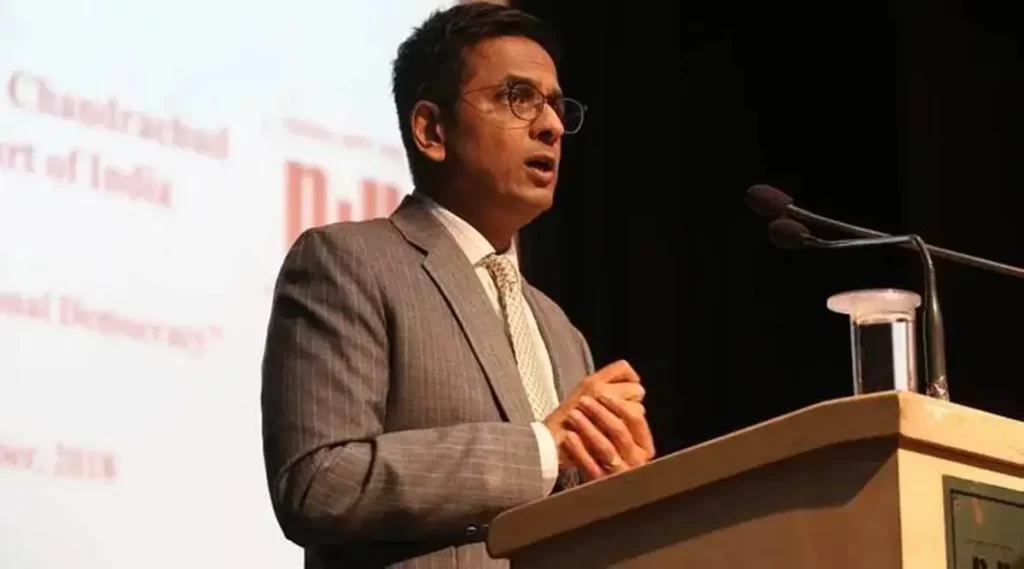Rehan Khan
On 13th September, Chief Justice of India DY Chandrachud highlighted the evolving trend in the appointment of arbitrators, noting the increasing involvement of young Indian lawyers. Speaking at the ‘Conference on International Arbitration and the Rule of Law’, organized by the Supreme Court of India to mark its 75th anniversary alongside the 125th anniversary of the Permanent Court of Arbitration (PCA), CJI Chandrachud emphasized that the tradition of appointing only retired judges as arbitrators is gradually diminishing due to the emergence of a highly skilled and talented pool of lawyers.
The CJI shared that, out of 45 arbitrators appointed by a court presided over by him in recent months, nearly half—23 of them—were practicing lawyers, reflecting the growing trust in the arbitration expertise of India’s younger legal professionals. He admitted that his initial instinct had been to appoint retired judges, a habit rooted in familiarity. However, he now consciously turns to India’s expanding pool of arbitration lawyers, acknowledging their capability and knowledge. Special mention was made of the growing number of young women lawyers in arbitration, who are contributing to breaking the gender imbalance in the field.
CJI Chandrachud also challenged the longstanding notion that only retired judges are suitable arbitrators, proposing a reversal of the belief that experienced judges make good arbitrators. Instead, he suggested, it may be that competent arbitrators are better suited to become judges, particularly in a legal landscape where arbitration is becoming the preferred means of resolving disputes. He noted that lawyers with substantial expertise in arbitration have been appointed as High Court judges and advocates experienced in international arbitration are increasingly being recognized as senior advocates by the Supreme Court of India.
The event also featured addresses by Supreme Court judge Justice Sanjiv Khanna, former judge Justice Indu Malhotra, and Supreme Court Bar Association president Kapil Sibal, who shared insights on the role of arbitration in the global legal order.
Justice Malhotra recounted some of the key cases handled by the PCA, including the Indus Water Treaty dispute, the maritime boundary case between India and Bangladesh, and the Italian Marines case. Kapil Sibal, meanwhile, stressed the importance of timely dispute resolution and well-drafted investment treaties for the economic advancement of developing nations, particularly those in the global south. He emphasized that as much as investors are crucial for these nations, the countries themselves also play a vital role in global investments.
Justice Khanna touched upon the rarely discussed concept of adjudicatory interdependence, explaining that while much is often said about maintaining political world order, the interdependence in judicial adjudication—especially in international disputes—receives less attention. He remarked that disputes are intrinsic to human nature, but so is the need to resolve them, which underscores the significance of robust arbitration mechanisms.

